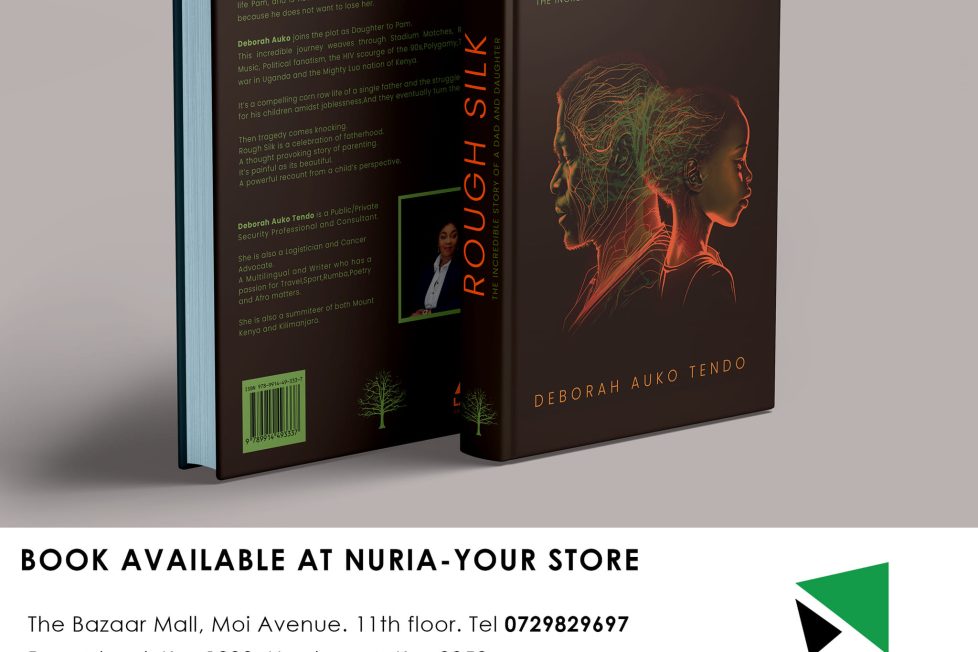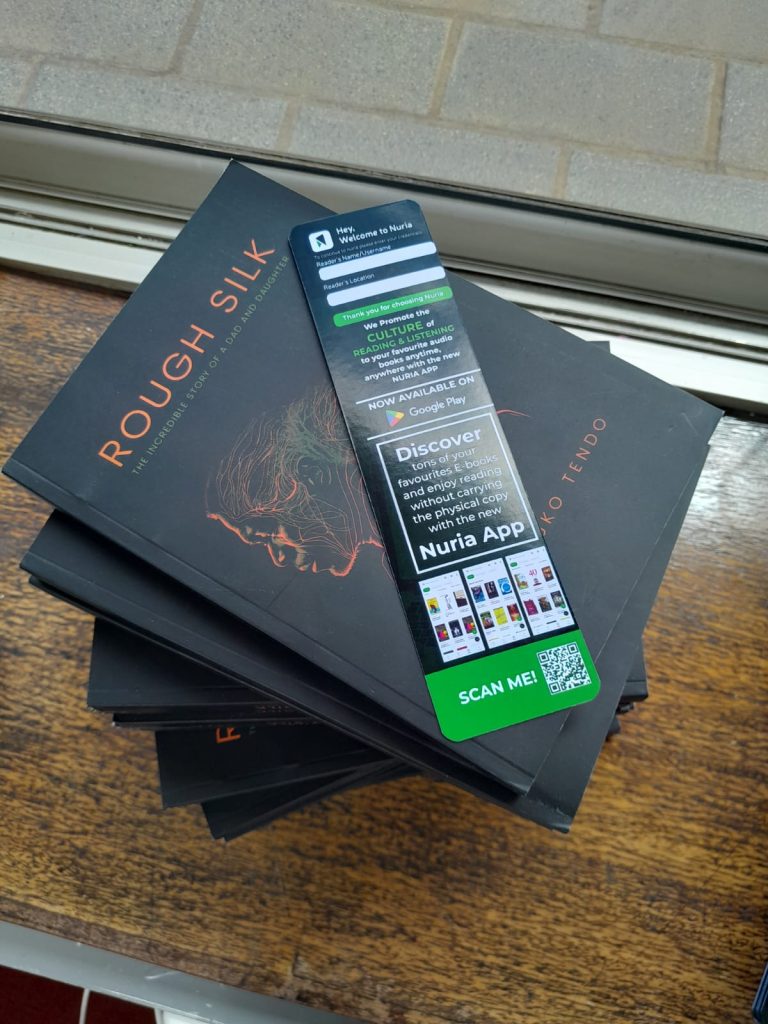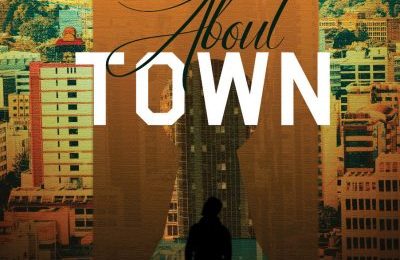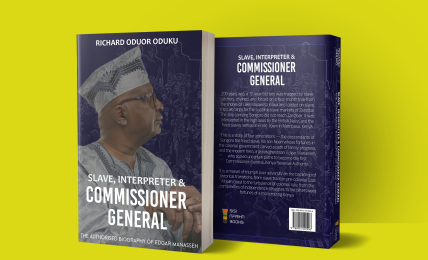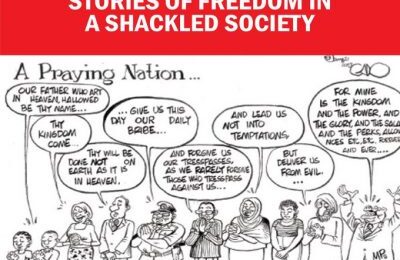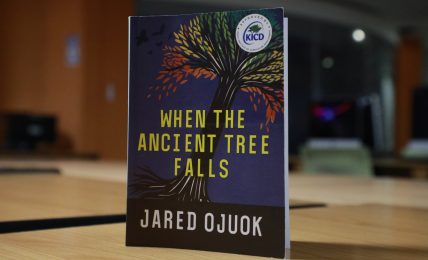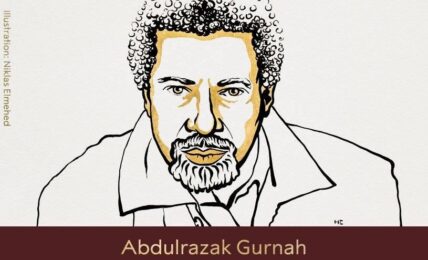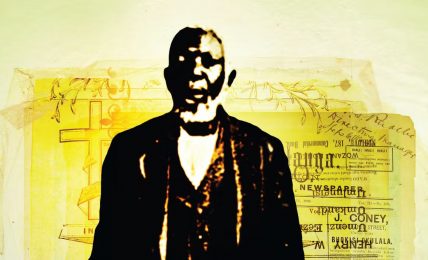Book Review: “Rough Silk” by Deborah Auko Tendo
This is a book about celebrating ourselves, acknowledging where we come from, crying at our pain and laughing at the hilarious moments. It is a story about our rocky rough times and the smooth silk moments stored in our hearts: Rough Silk.
